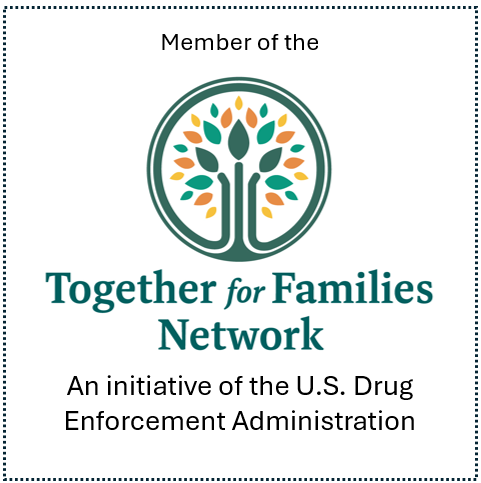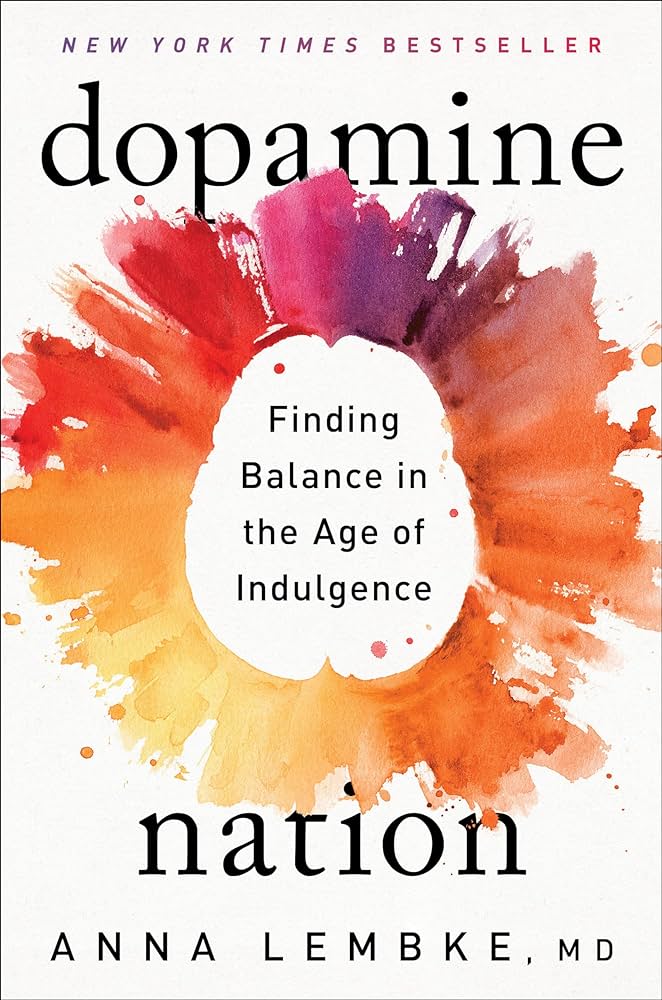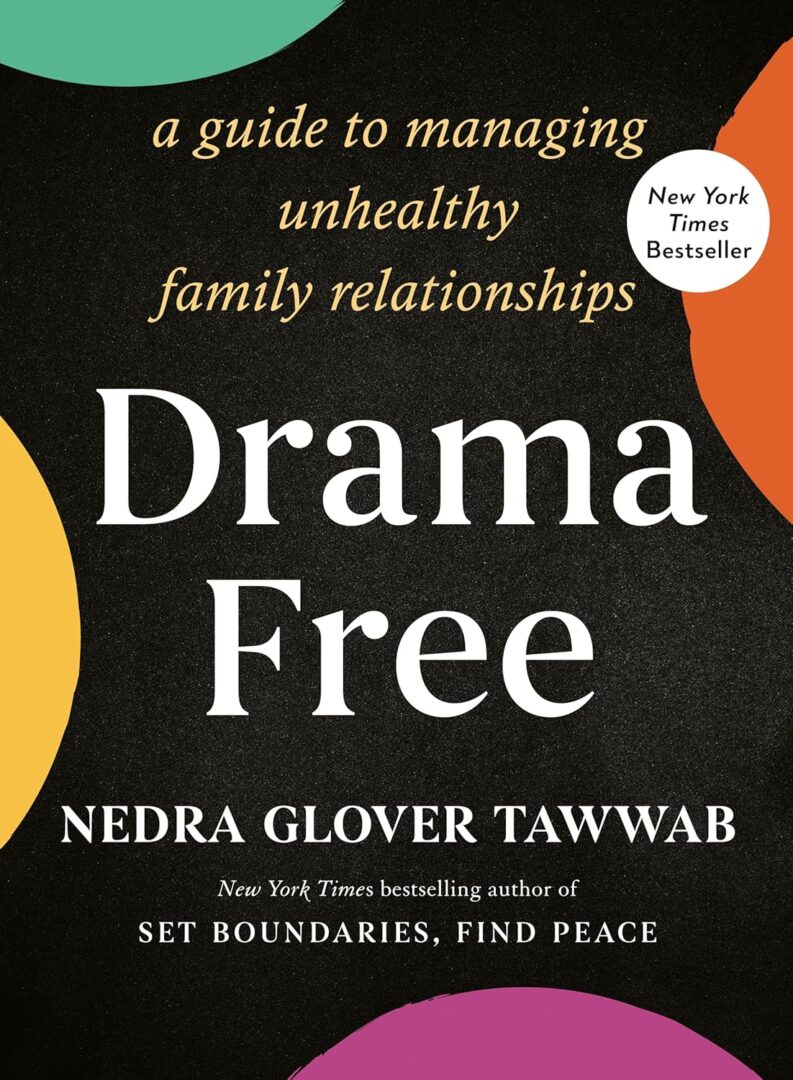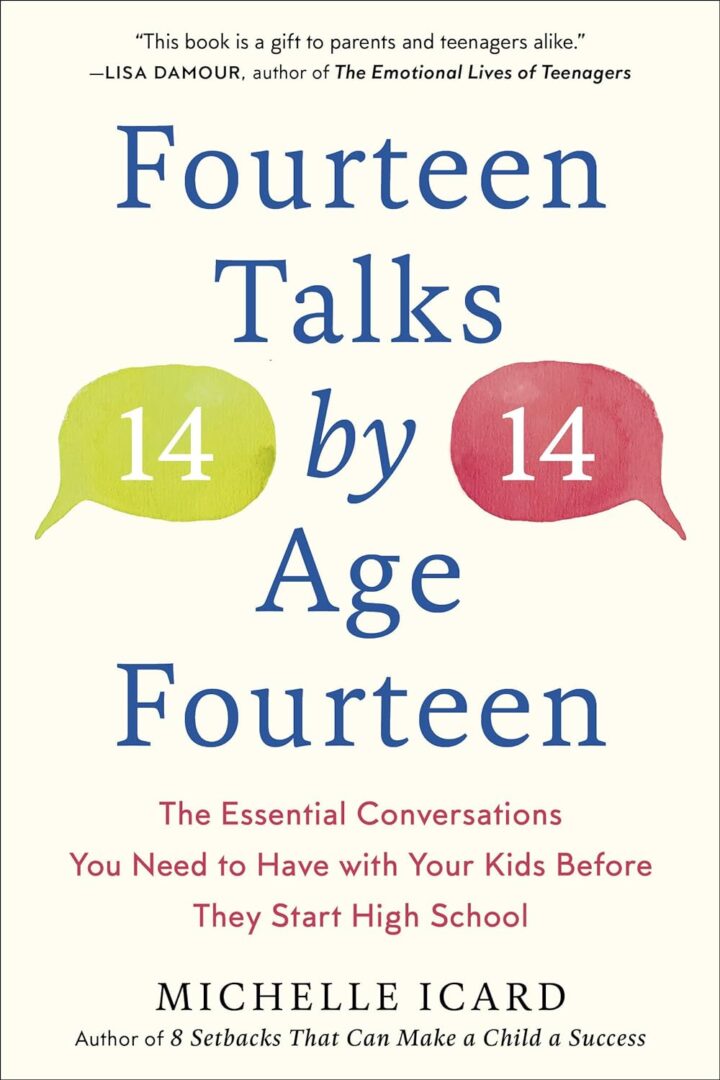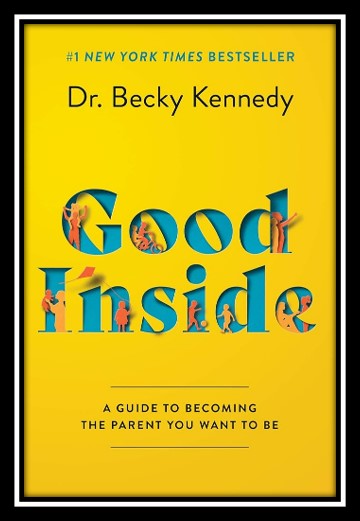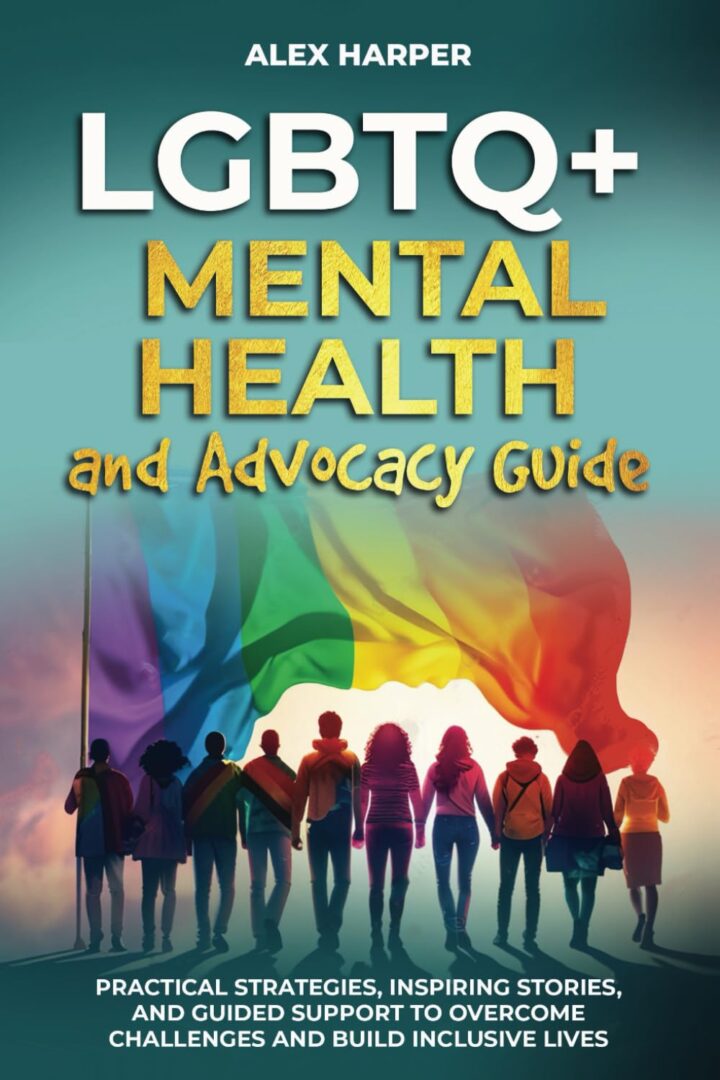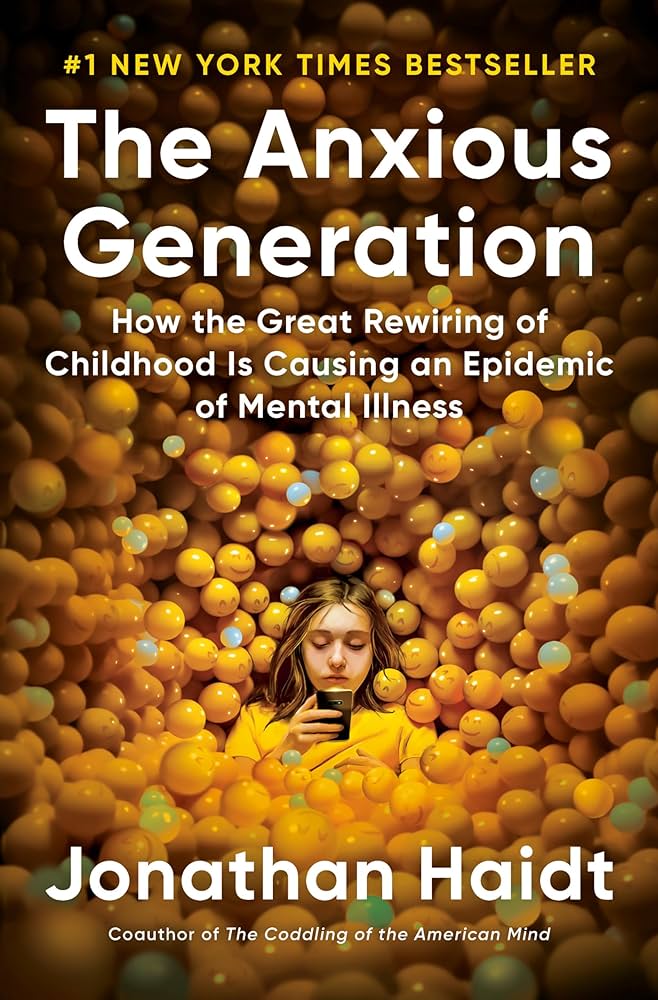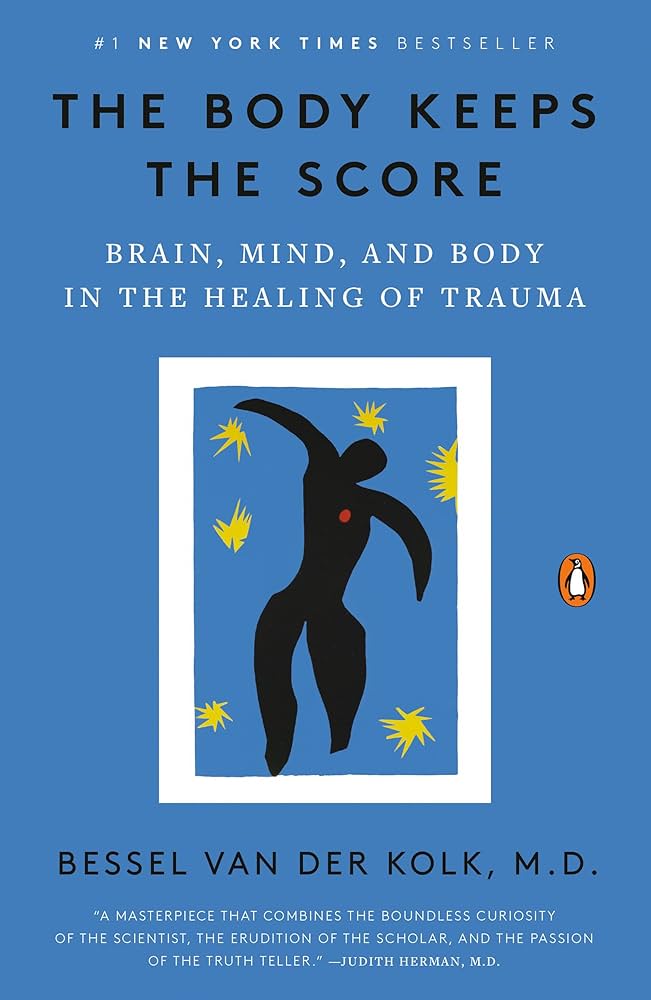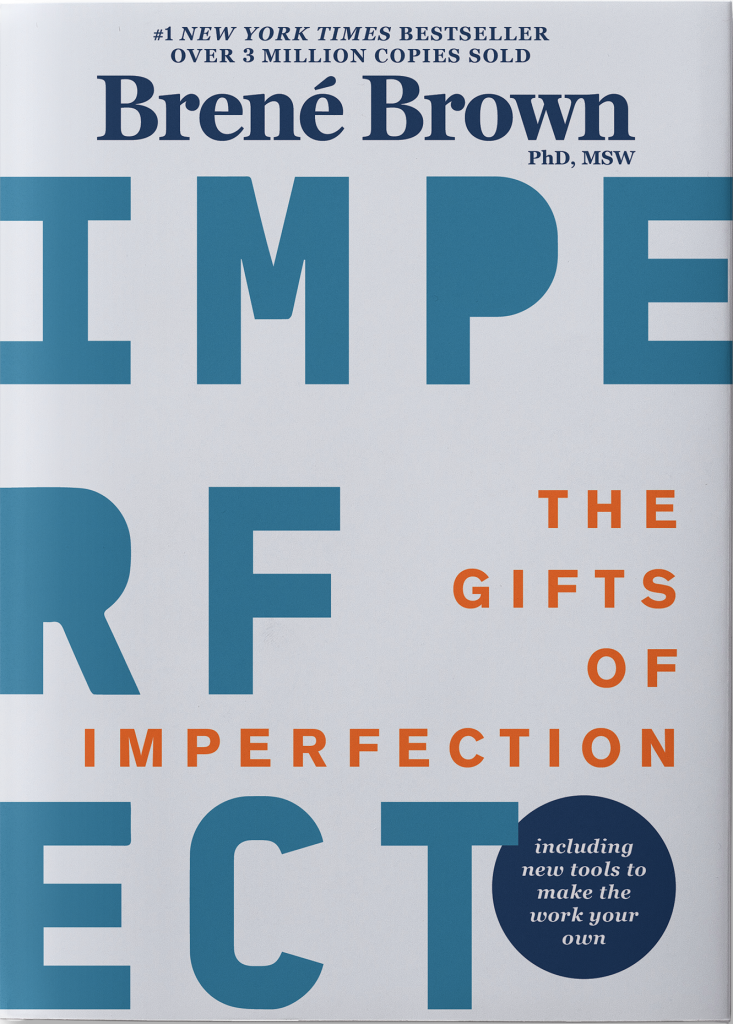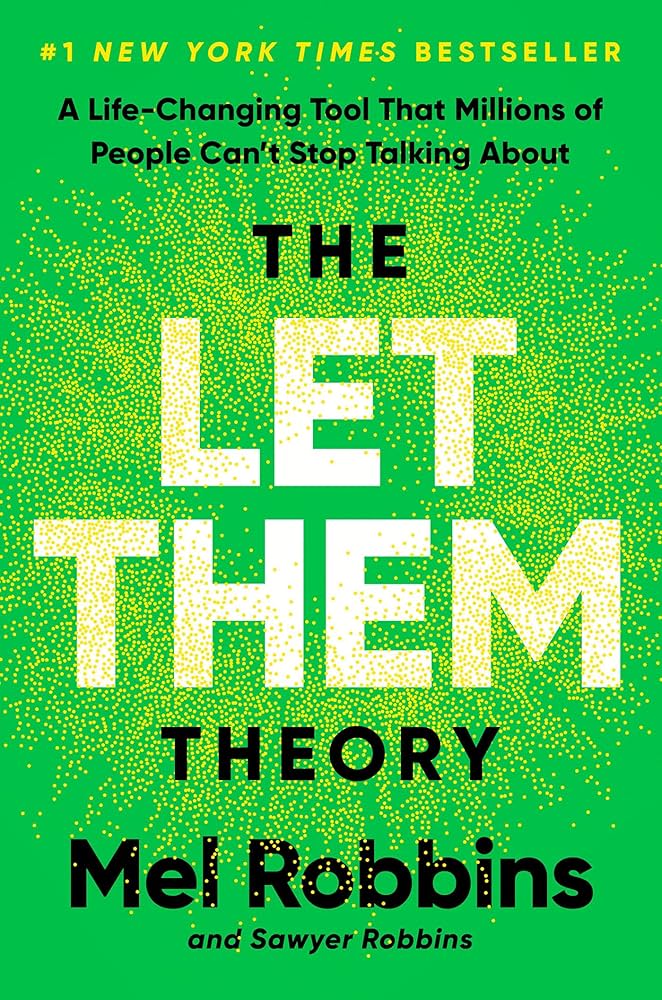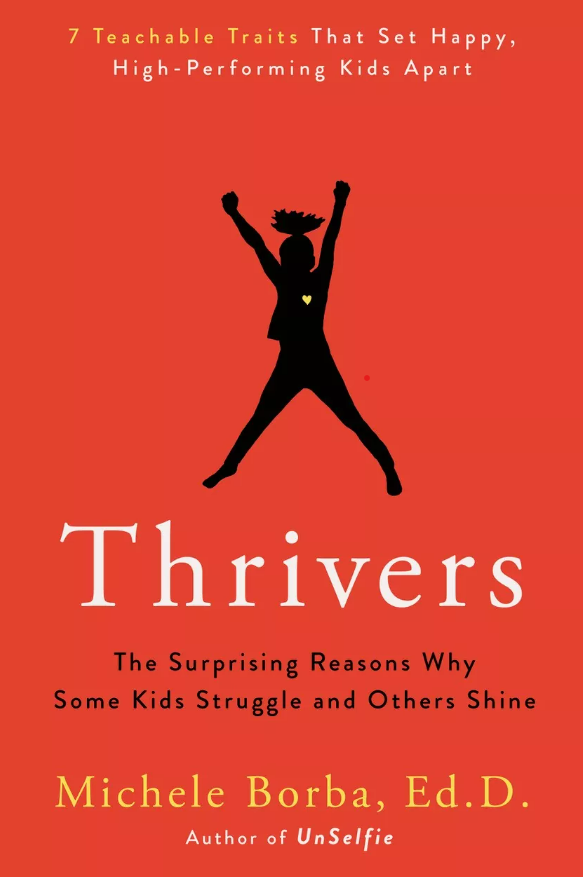The Good Life: Lessons from the World’s Longest Scientific Study of Happiness
By Robert Waldinger, MD and Marc Schulz, PhD

What makes a life fulfilling and meaningful? The simple but surprising answer is: relationships. The stronger our relationships, the more likely we are to live happy, satisfying, and healthier lives. In fact, the Harvard Study of Adult Development reveals that the strength of our connections with others can predict the health of both our bodies and our brains as we go through life.
The invaluable insights in this book emerge from the revealing personal stories of hundreds of participants in the Harvard Study as they were followed year after year for their entire adult lives, and this wisdom was bolstered by research findings from many other studies. Relationships in all their forms—friendships, romantic partnerships, families, coworkers, tennis partners, book club members, religious study groups—all contribute to a happier, healthier life. And as The Good Life shows us, it’s never too late to strengthen the relationships you already have, and never too late to build new ones. The Good Life provides examples of how to do this.
Facilitator Notes
Human beings are social creatures; in essence this simply means that each of us as individuals cannot provide everything we need for ourselves. The process of giving and receiving in mutually-beneficial relationships is the foundation of a meaningful, happy life.
Here is an exercise that will help you make meaning of your own “social universe.” The table below is arranged around what the Harvard Study of Adult Development considers keystones of support.
The first column is to identify the relationships you think have the greatest impact on you. Place a plus (+) symbol in the appropriate columns to the right if a relationship seems to add to that type of support in your life, and a minus (-) symbol if a relationship lacks that type of support.
Remember: it’s okay if not all (or even most) relationships offer you all of these types of support.
Understanding the keystones of support:
- Safety and Security: Who would you turn to in a moment of crisis?
- Learning and Growth: Who encourages you to try new things, take chances, or pursue your life’s goals?
- Emotional Closeness and Confiding: Who knows everything (or most things) about you? Who can you turn to for support when you are stressed?
- Identity Affirmation and Shared Experience: Is there someone in your life who has shared many experiences with you and who helps strengthen your sense of self?
- Romantic Intimacy: Do you feel satisfied with the amount of romantic connection in your life?
- Help: Who do you turn to if you need expertise or help solving a practical problem?
- Fun and Relaxation: Who makes you laugh? Who makes you feel relaxed, connected and at ease?
Sources of Support in My Life
| My relationship with: |
Safety and Security |
Learning and Growth |
Emotional Closeness and Confiding |
Identity Affirmation and Shared Experience |
Romantic Intimacy |
Help (Both Info and Practical) |
Fun and Relaxation |
|
|
|
|
|
|
|
|
|
|
|
|
|
|
|
|
|
|
|
|
|
|
|
|
|
|
|
|
|
|
|
|
|
|
|
|
|
|
|
|
|
|
|
|
|
|
|
|
|
|
|
|
|
|
|
|
|
|
|
|
|
|
|
|
|
|
|
|
|
|
|
|
|
|
|
|
|
|
|
|
After you’ve completed the chart, here are some questions to consider and reflect on:
- If you’re feeling a certain dissatisfaction in your life, do any of the gaps on the chart resonate with that feeling?
- Are there columns that have a lot of pluses (or minuses)? What does this tell you?
- Do you notice any surprises in how you responded to these questions?
For more info:
![]()



